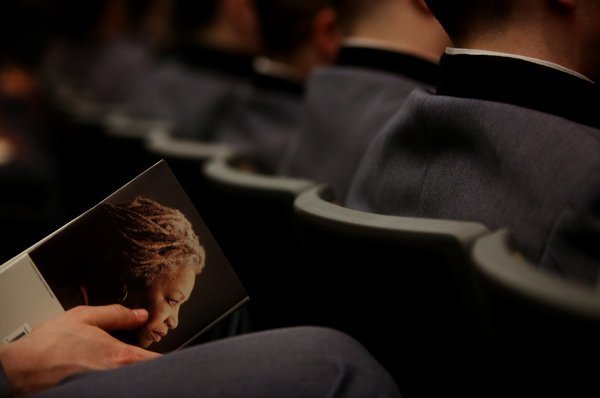Reading: Why do people who love reading love it so much? - Quora
Geege Schuman stashed this in Imagination
Stashed in: Quora!, Books!, Kindle!
"The point I am trying to make from my poorly shopped work is that a mere two sentences is capable of generating such vivid imagery in my mind. Television and movies are bound by various limitations; the primary of which is constraint of time. When you read books, you are truly transported to another world, and the only constraint is the constraint of your imagination. A book can be compared to a blank coloring book, which your mind fills in! You construct the world the way YOU want it. The scene will have a thunderstorm, a castle and a lake. But my thunderstorm, castle and lake will likely be infinitely different from yours. This is one of the reasons I hate watching TV/movie adaptations of books before reading them. When you watch a movie or a TV show every single thing ranging broadly from the characters and the locations to the small little things like the walking style of a certain character is imprinted in your mind. So when you read the book, the movie will play in your mind. If you do the opposite though, you first form your own universe when you read a book, and then compare it to the universe thought up by the producers. Isn't that so much better?"
The downside of course is that you will be disappointed by an awful lot of movies or TV series based on books if you've read them first.
True, but sometimes you're pleasantly surprised.
Examples include the Lord of the Rings movie trilogy and television series such as Game of Thrones and The Walking Dead. Those television series take the world of the books and (imho) make them better.
I couldn't agree more.
More from Quora:
Aman Anand, Writer
Some thoughts:
It can stimulate every one of your senses - as Colin points out, reading forces readers to actively use their imaginations to interpret the writing of another person's imagination. This strange but wonderful connection allows the reader to refine every one of their senses while they are reading, in a way that would simply not be possible with any other art form.
Reading good, intelligent writing is like oxygen for the brain - I have spoken to several friends about this and each one of them describes the deep sense of contentment they feel when they are reading something engaging and/or challenging. When the written word is structured in such a way, it provides us with the 'brain food' that we so sorely need.
Reading begets more reading - as with many things that we are passionate about, the more you read, the more you find yourself wanting to find even more books to read. This happens with other art forms, but there is something unique to the addiction of reading. Whether reading fiction or non-fiction, it expands our consciousness in a way that no other form of communication does.
It defies time in the strangest of ways - I've read short stories by the likes of Chekov that lasted for four pages but lasted for what felt like decades and affected me years after reading such stories. Although we read books over seconds, minutes and hours, because they are projected in the cinema of our mind, these stories are not bound by the basic rules of time. Instead, particularly with non linear stories, they seem to rob time of its usual stranglehold on the time in which a story unfolds.
Much of humanity's collective understanding of our surrounding world can be found within the pages of books and websites - to read is to take the opportunity to engage with not only the wider world, but with the centuries of cultures and ideas that predate our time. Reading allows us to look into these worlds with thoroughness and potentially gain an indispensable perspective on an issues that effects us.
Books defy the logic of profit-driven capitalism - with many things that are available to purchase; quality and prestige is synonymous with a higher price, so a Bentley costs more than a Ford, a Louis Vuitton handbag costs more than a Zara handbag. Even with things like film and music, purchasing more expensive equipment can allow you to 'improve' on the experience available to you. But with the written word and books, Hamlet can cost you less than a Mills and Boon novel. Sure, there are special editions of books which cost a fortune, but the written word itself does not alter on page, like the quality of the picture of a movie might on the right television. The book defies the logic of profit-driven capitalism.
This is true whether the book is on paper or on a kindle or tablet, right?
Don't you think so?
I think so. Which also leads me to believe that reading online gives people the same feelings, too.















10:19 AM Apr 09 2013